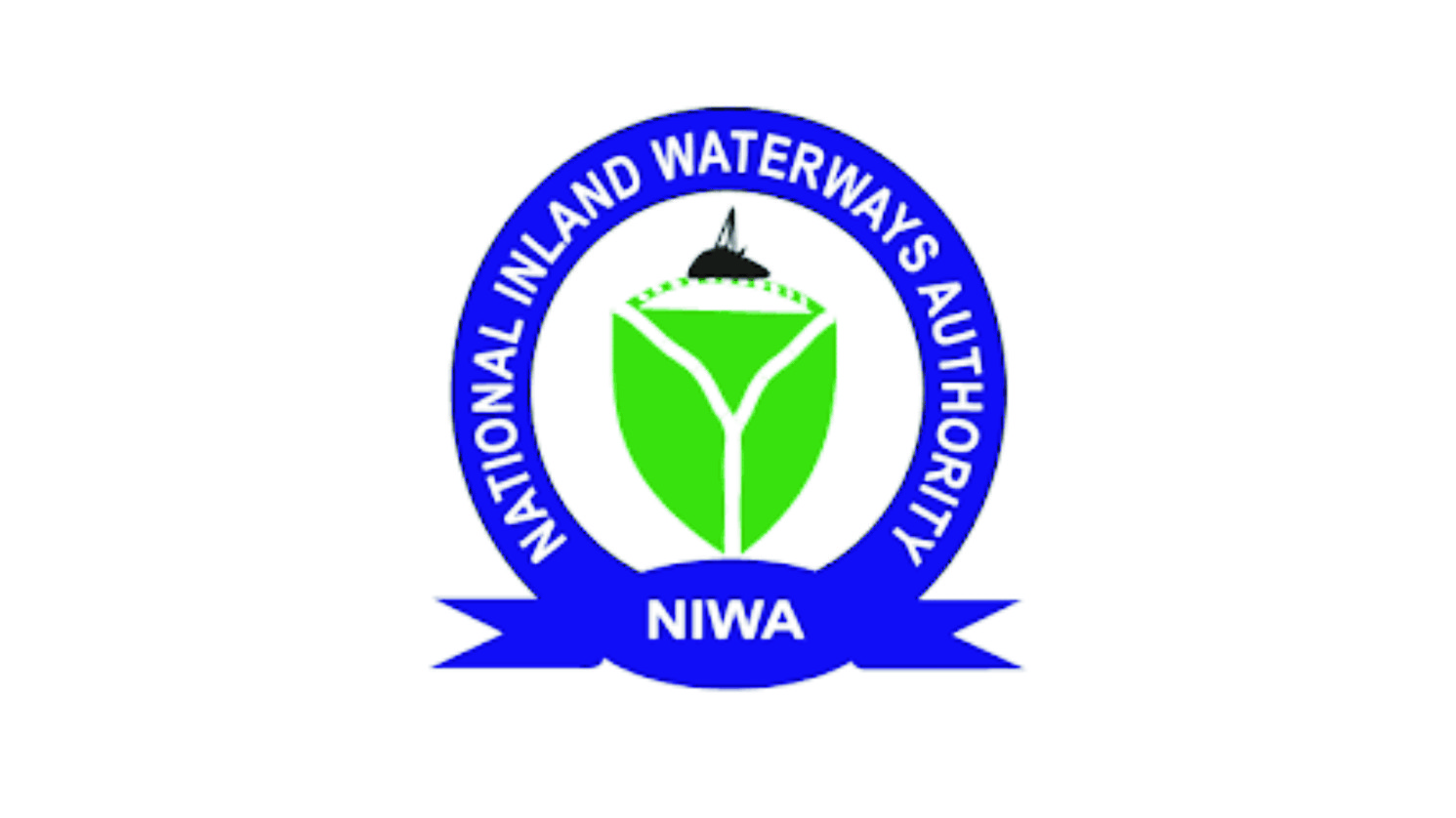Business
Ex-Presidential Aide Advocates Igbo Model To Tackle Unemployment
As a way to tackle unemployment problem and some economic setback in the country, a former presidential aide, Reno Omokri, has called on the Federal Government to adopt the apprenticeship method of the Igbos, to tackle some economic challenges and unemployment palaver that have bedevilled the country.
He also urged President Bola Tinubu to study how Igbo people learn trades and reinvent themselves as capitalists to improve the Nigerian economy, as well as study the Igbo apprenticeship in the informal business sector that can be used to tackle unemployment in the country.
Omokri, who made this known on Twitter, Saturday, likened the Igbo apprenticeship model to the South Korean chaebol business model.
According to him, chaebol structure refers to a business conglomerate system that originated in South Korea in the 1960s, creating global multinationals with huge international operations.
Chaebols are owned, controlled, and/or managed by the same family dynasty, and generally that of the group’s founder.
“If President Tinubu wants to turn around the Nigerian economy in the shortest possible time, he ought to study the Igbo apprenticeship model.
“It is the most successful informal business model in the world, as well as the most prolific venture capitalist scheme on Earth, producing more US dollar millionaires per capita than both Harvard and Yale Universities.
“Igbo traders and merchants recreate wealth by taking on apprentices, almost as unpaid interns, who study their master’s day to day business techniques and help them run their shops, markets and businesses.
“After a period of time, their masters are required to financially set them up in their own businesses and guide them until they can stand on their own two feet.
“Imagine if this was in place in every state of Nigeria and practised by every ethnic group. Unemployment in Nigeria will almost vanish overnight.’’
“This is how South Korea became an economic superpower, using the chaebol business model, which is similar to the Igbo apprenticeship model”, Omokri said.
He also argued that Nigerian business and economic issues should be addressed using the knowledge of the successful indigenous businessmen, traders and merchants, rather than technocrats that rely on the Western theories.
“The President should get the representatives of leaders of Alaba, Onitsha, Aba, and other entrepreneurial hotspots to Aso Rock, for a conference on how they can help government expand their business model to reach other Nigerians.
“Let all Nigerian ethnic nationalities learn this business model from our oriental brothers. Ask them to teach your economic and finance minister how they do it.
“In fact, pick one of them and make him the minister. A trader who knows how to create wealth will make a better minister than a PhD technocrat who only knows how to speak grammar!
“Our homegrown economic success will work better for us than borrowed money and ideas that may not fit our peculiar situation”, the former presidential aide explained.
By: Corlins Walter
Business
NIMASA Commits To Creating Enabling Environment For Maritime Business

Business
FG Inaugurates Special Committee Against Boat Accident

Business
LASG Arrests Illegal Dredgers … Issues Stop Work Order
-
Politics5 days ago
Ahead November Poll: We’re Best Option For Anambra – PDP
-
Politics5 days ago
Withdraw Suit Against Akpabio, Ex-Senate Minority Leader Urges Natasha
-
Politics5 days ago
Niger Delta Youths Fault S’Court Verdict On Rivers
-
Politics5 days ago
Lagos Assembly Crisis: Rhodes-Vivour Calls For End To “Troubling Pattern”

